For every $100 spent by a tourist in a developing country, only about $5 stays in that country's economy.
That's a statistic shared in an ebook by RISE Travel Institute, an award-winning nonprofit dedicated to decolonizing travel.
(RISE is also a Going Places Founding Member.)
That $5 is an average number that varies from place to place: a 2014 report from the World Tourism Organization approximates tourism leakage to be 40% in India, 70% in Thailand, and 80% in the Caribbean.
Said differently, only a fraction of the money we spend on our trips stays in the local communities to make a meaningful impact.
RISE Travel Institute's ebook offers ways to make more impactful travel choices.
If you missed Part 1 of our conversation with Vincie, catch up on it here.
Listen to the Episode
What you’ll hear:
- What is tourism leakage?
- What a 17th-century cartographer has to do with modernity
- The word Yulia avoids using when talking about travel
- What's intimidating about Vincie's work
- How to stay engaged with the many forms of resistance

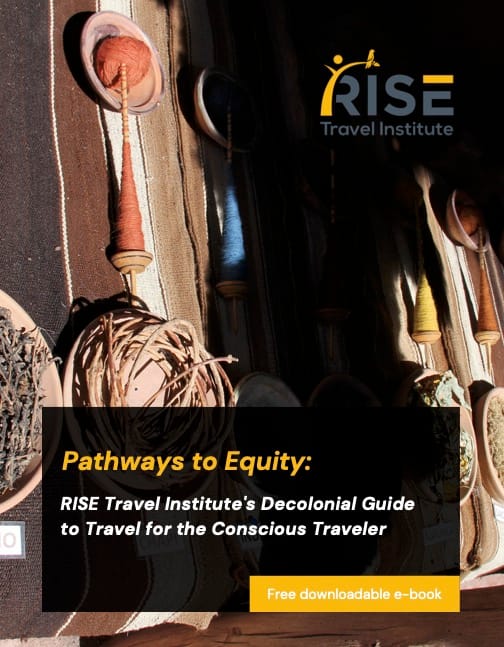
Decolonizing Travel
A free RISE Travel Institute e-book with profound questions.
RISE Travel Institute has published the Decolonial Guide to Travel as a free e-book.
Inside, RISE asks critical questions that bring the impact of colonization into the present through the concept of neo-colonialism:
- Did you know that 17 places worldwide remain under colonial rule–destinations like the British Virgin Islands and Turks and Caicos?
- Let's think about tourism leakage: for every $100 spent in a developing country, only $5 of it stays there
- How do wellness retreats, conservation movements, and digital nomadism perpetuate colonial systems?
Download the free e-book here.
Check out our interview on YouTube →
Featured on the Show
- Follow @risetravelinstitute on Instagram
- Learn more about RISE on their website
- Download the free RISE e-book, Decolonizing Travel
- Check out the upcoming RISE Flagship Program
- Connect with Vincie on LinkedIn
If you don't use the word decolonization, you're not recognizing that our world is shaped by colonialism. – Vincie Ho
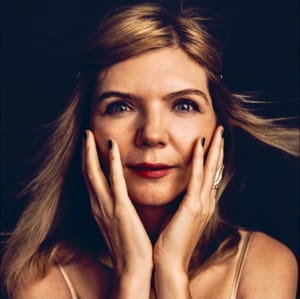
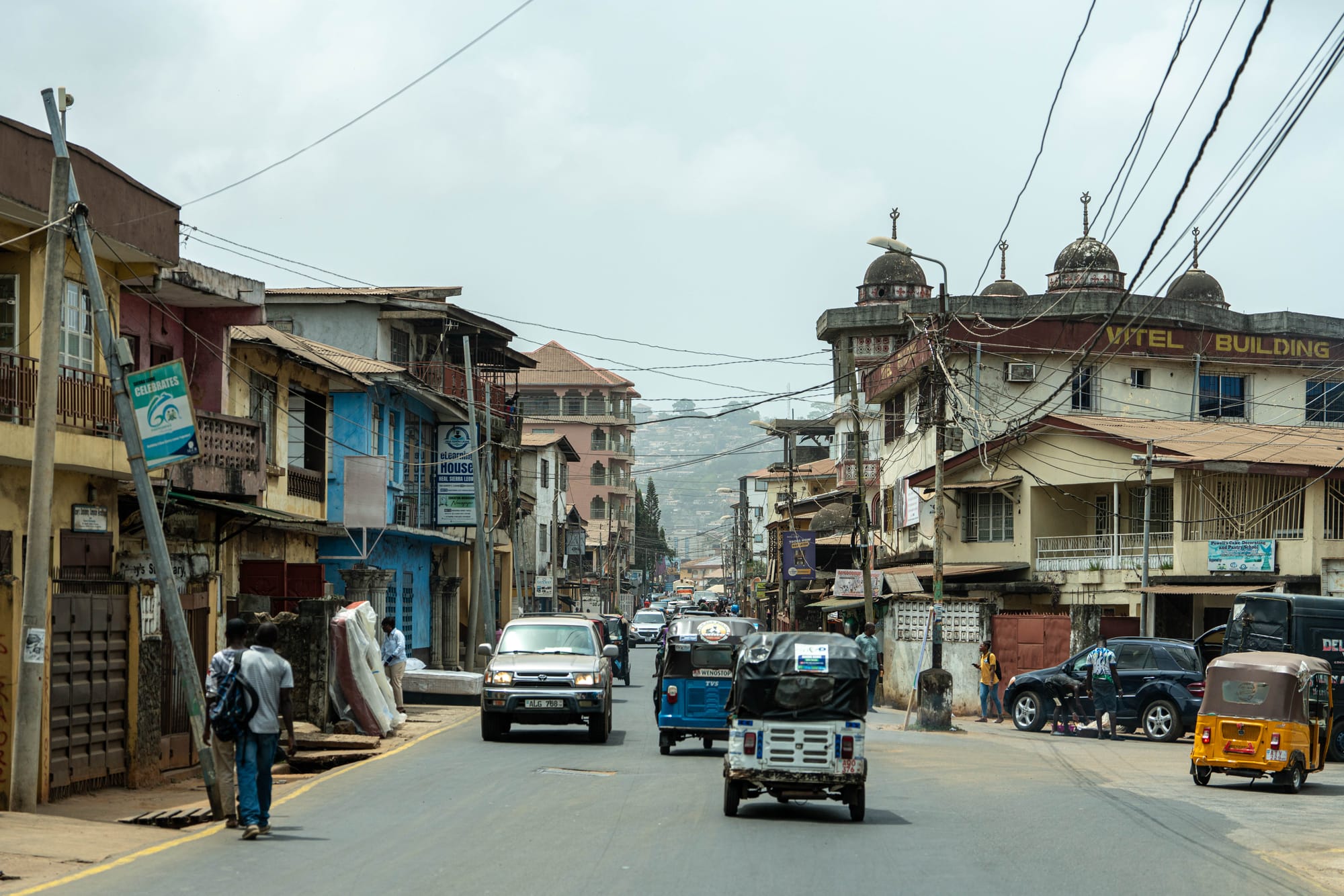


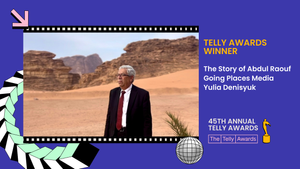

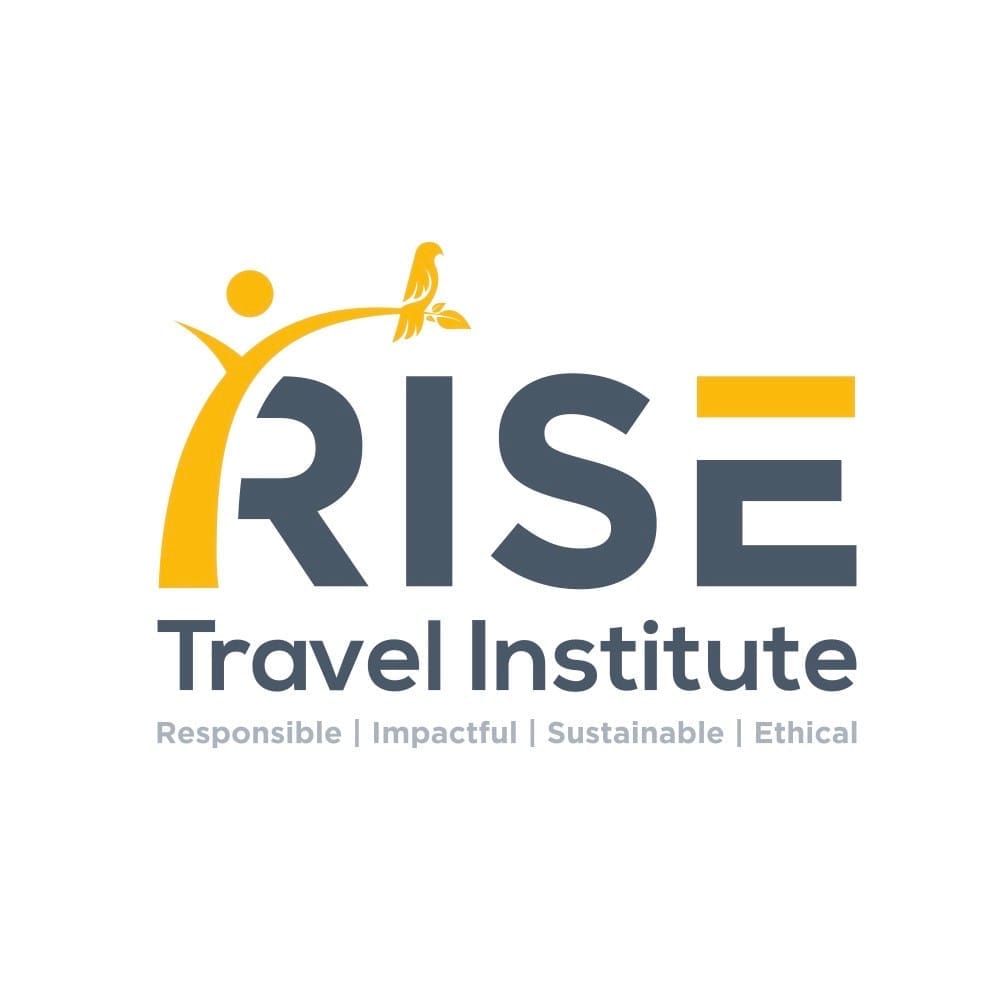
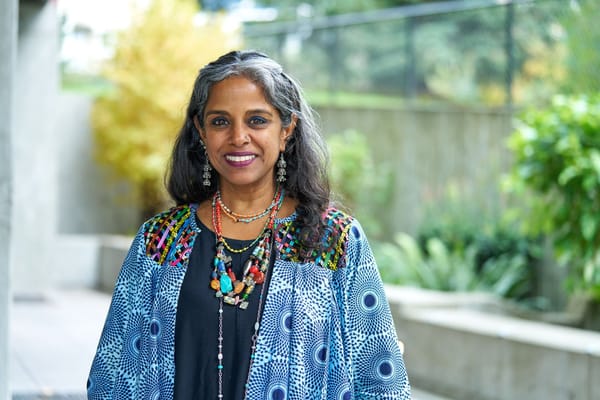
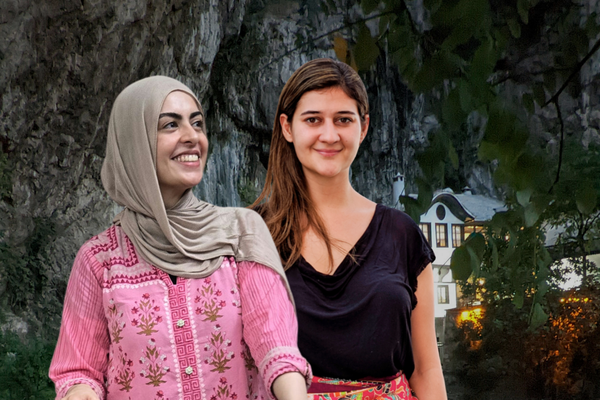
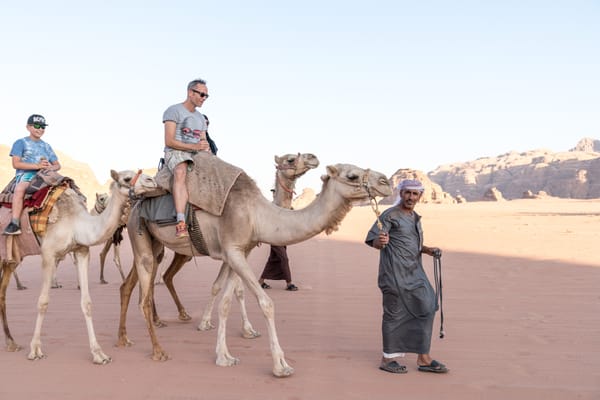
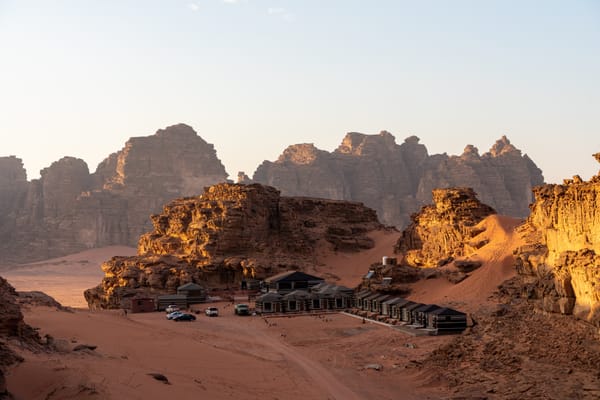

Member discussion